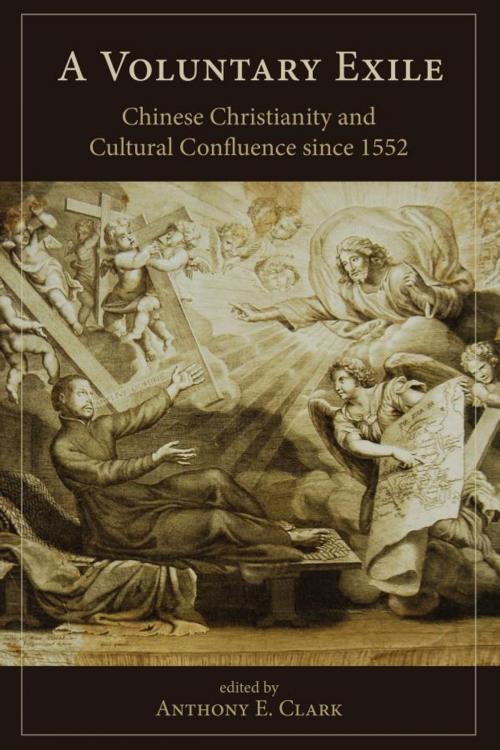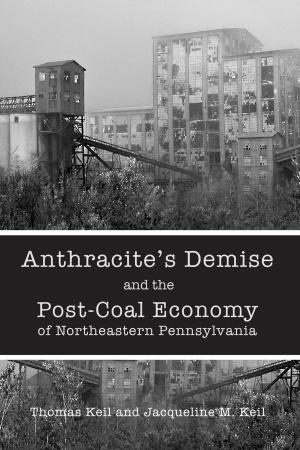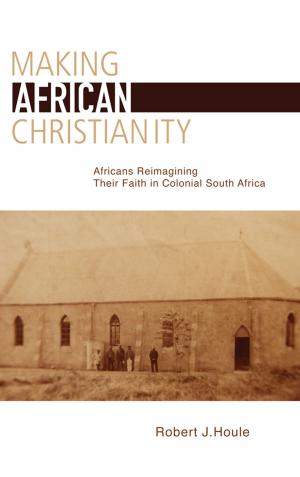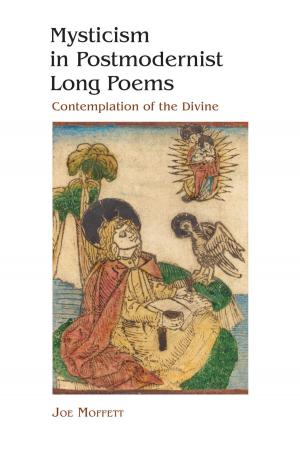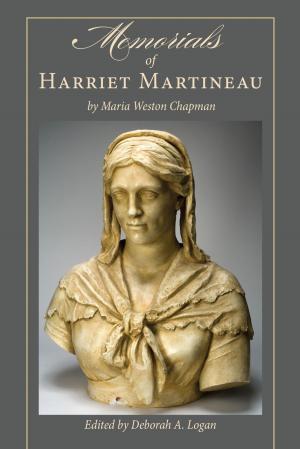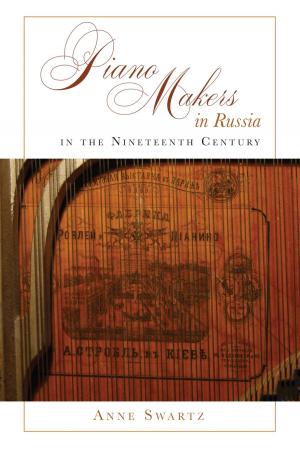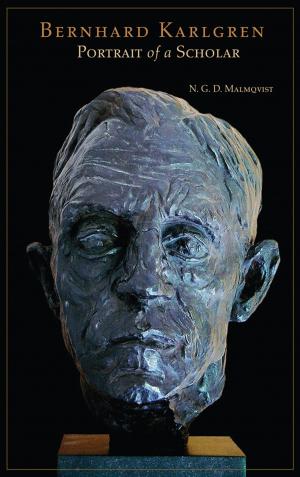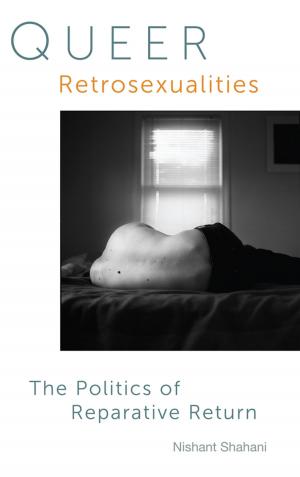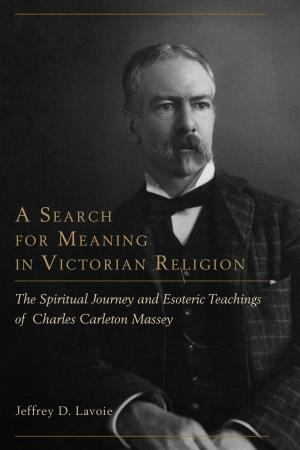A Voluntary Exile
Chinese Christianity and Cultural Confluence since 1552
Nonfiction, History, Asian, Asia, China, Religion & Spirituality, Eastern Religions, Buddhism| Author: | ISBN: | 9781611461497 | |
| Publisher: | Lehigh University Press | Publication: | November 26, 2013 |
| Imprint: | Lehigh University Press | Language: | English |
| Author: | |
| ISBN: | 9781611461497 |
| Publisher: | Lehigh University Press |
| Publication: | November 26, 2013 |
| Imprint: | Lehigh University Press |
| Language: | English |
Western missionaries in China were challenged by something they could not have encountered in their native culture; most Westerners were Christian, and competitions in their own countries were principally denominational. Once they entered China they unwittingly became spiritual merchants who marketed Christianity as only one religion among the long-established purveyors of other religions, such as the masters of Buddhist and Daoist rites. A Voluntary Exile explores the convergence of cultures. This collection of new and insightful research considers themes of religious encounter and accommodation in China from 1552 to the present, and confronts how both Western Europeans and indigenous Chinese mitigated the cultural and religious antagonisms that resulted from cultural misunderstanding. The studies in this work identify areas where missionary accommodation in China has succeeded and failed, and offers new insights into what contributed to cultural conflict and confluence. Each essay responds in some way to the “accommodationist” approach of Western missionaries and Christianity, focusing on new areas of inquiry. For example, Michael Maher, SJ, considers the educational and religious formation of Matteo Ricci prior to his travels to China, and how Ricci’s intellectual approach was connected to his so-called “accommodationist method” during the late Ming. Eric Cunningham explores the hackneyed assertion that Francis Xavier’s mission to Asia was a “failure” due to his low conversion rates, suggesting that Xavier’s “failure” instigated the entire Chinese missionary enterprise of the 16th and 17th centuries. And, Liu Anrong confronts the hybridization of popular Chinese folk religion with Catholicism in Shanxi province. The voices in this work derive from divergent scholarly methodologies based on new research, and provide the reader a unique encounter with a variety of disciplinary views. This unique volume reaches across oceans, cultures, political systems, and religious traditions to provide important new research on the complexities of cultural encounters between China and the West.
Western missionaries in China were challenged by something they could not have encountered in their native culture; most Westerners were Christian, and competitions in their own countries were principally denominational. Once they entered China they unwittingly became spiritual merchants who marketed Christianity as only one religion among the long-established purveyors of other religions, such as the masters of Buddhist and Daoist rites. A Voluntary Exile explores the convergence of cultures. This collection of new and insightful research considers themes of religious encounter and accommodation in China from 1552 to the present, and confronts how both Western Europeans and indigenous Chinese mitigated the cultural and religious antagonisms that resulted from cultural misunderstanding. The studies in this work identify areas where missionary accommodation in China has succeeded and failed, and offers new insights into what contributed to cultural conflict and confluence. Each essay responds in some way to the “accommodationist” approach of Western missionaries and Christianity, focusing on new areas of inquiry. For example, Michael Maher, SJ, considers the educational and religious formation of Matteo Ricci prior to his travels to China, and how Ricci’s intellectual approach was connected to his so-called “accommodationist method” during the late Ming. Eric Cunningham explores the hackneyed assertion that Francis Xavier’s mission to Asia was a “failure” due to his low conversion rates, suggesting that Xavier’s “failure” instigated the entire Chinese missionary enterprise of the 16th and 17th centuries. And, Liu Anrong confronts the hybridization of popular Chinese folk religion with Catholicism in Shanxi province. The voices in this work derive from divergent scholarly methodologies based on new research, and provide the reader a unique encounter with a variety of disciplinary views. This unique volume reaches across oceans, cultures, political systems, and religious traditions to provide important new research on the complexities of cultural encounters between China and the West.
